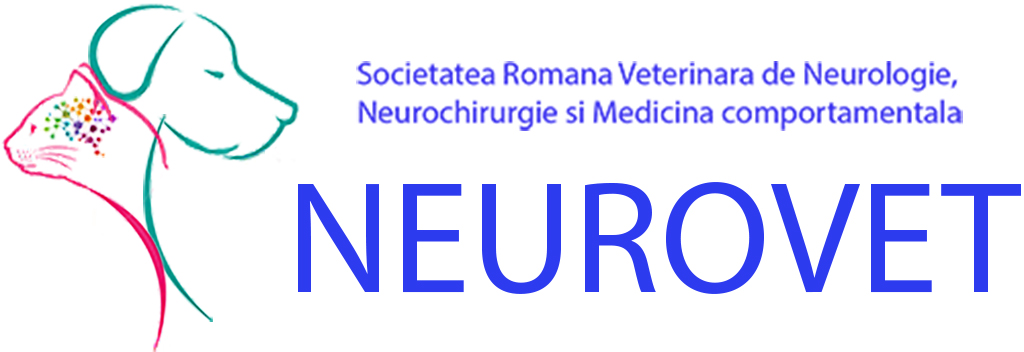Effects of whey and yogurt administration on piglet growth, health, and survival during the first 21 days of life
DOI:
https://doi.org/10.52331/cvj.v30i1.34Keywords:
piglets; whey supplementation; yogurt supplementation; growth performance; immune function; neonatal nutrition; health status; disease incidenceAbstract
Neonatal piglets are vulnerable to health challenges that can impact growth and survival. This study investigated the effects of whey and yogurt supplementation on piglet growth performance, health status, and survival during the first 21 days of life. A total of 30 piglets were randomly assigned to two groups: an experimental group (n = 15), which received whey and yogurt in addition to a standard diet, and a control group (n = 15), which followed a standard diet of breast milk and complementary food. The experimental group received 5 ml/piglet/day of whey and 2 ml/piglet/day of yogurt from days 1 to 7, with quantities increasing to 10 ml and 5 ml/piglet/day, respectively, from days 8 to 21. Growth performance was assessed by measuring body weight on days 1, 7, 14, and 21, while health parameters, including incidence of diarrhea and respiratory infections, were monitored throughout the study. Hematological and biochemical parameters were analyzed at the end of the experiment. The results showed that piglets in the experimental group exhibited a higher average body weight (2.17 kg) compared to the control group (1.95 kg), with a 14% greater weight gain. Health outcomes also improved, with the experimental group showing lower incidences of diarrhea (10% vs. 30%) and respiratory infections (5% vs. 15%). Additionally, hematological analysis revealed lower leukocyte counts, reduced inflammatory markers (C-reactive protein and fibrinogen), and higher total protein and albumin levels in the experimental group, suggesting improved immune function and metabolic health. Although the statistical significance of these differences was not conclusive (p > 0.05), the biological relevance is clear. These findings suggest that whey and yogurt supplementation may be a beneficial dietary intervention for enhancing growth, immunity, and overall health in neonatal piglets. Further research with a larger sample size is recommended to validate these findings.
References
1. Boostani, A., & Mahmoodian Fard, H. (2013). Bioactive peptides and their impact on livestock health and growth performance. Journal of Animal Science and Biotechnology, 4(1), 35-45.
2. Giang, H. H. (2010). Effects of probiotic supplementation on piglet performance and gut microbiota. Livestock Science, 128(1-3), 168-174.
3. Modesto, M., et al. (2009). Probiotic supplementation in pig diets: Effects on growth, gut microbiota, and health. Animal Feed Science and Technology, 150(1-2), 110-121.
4. Noori, M., et al. (2016). Nutritional strategies to enhance gut health and immunity in neonatal livestock. Veterinary Research, 47(1), 92-105.
5. Ross, R. P., et al. (2010). The role of Lactobacillus and Bifidobacterium species in probiotic supplementation for farm animals. Applied Microbiology and Biotechnology, 87(5), 2007-2020.
6. Sangild, P. T., et al. (2021). Prebiotic and probiotic interventions in neonatal pigs: Effects on immune function and disease resistance. Frontiers in Immunology, 12, 658-672.
7. Simitzis, P. E., et al. (2015). Probiotics in livestock nutrition: Applications and challenges. Animal Production Science, 55(3), 377-387.
Downloads
Published
Issue
Section
Categories
License
Copyright (c) 2025 Adrian Cimpean

This work is licensed under a Creative Commons Attribution 4.0 International License.





